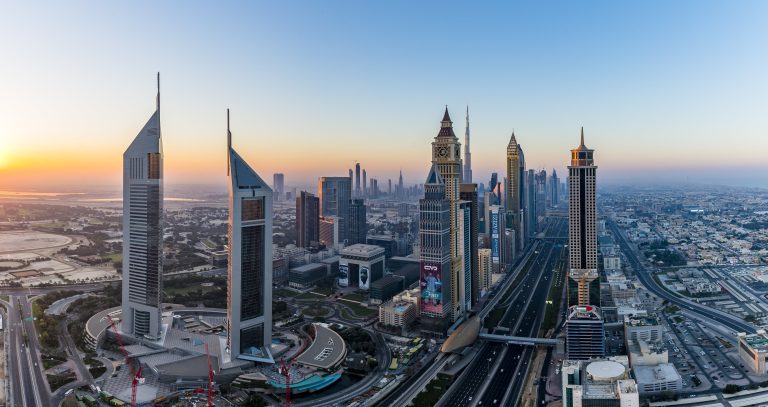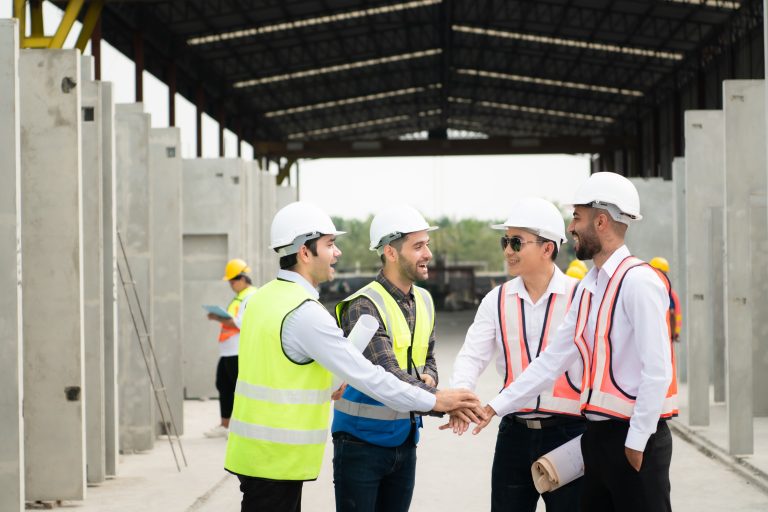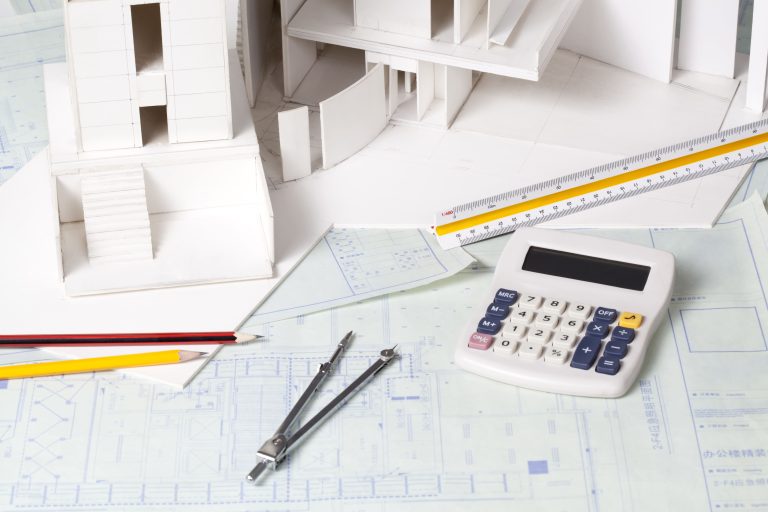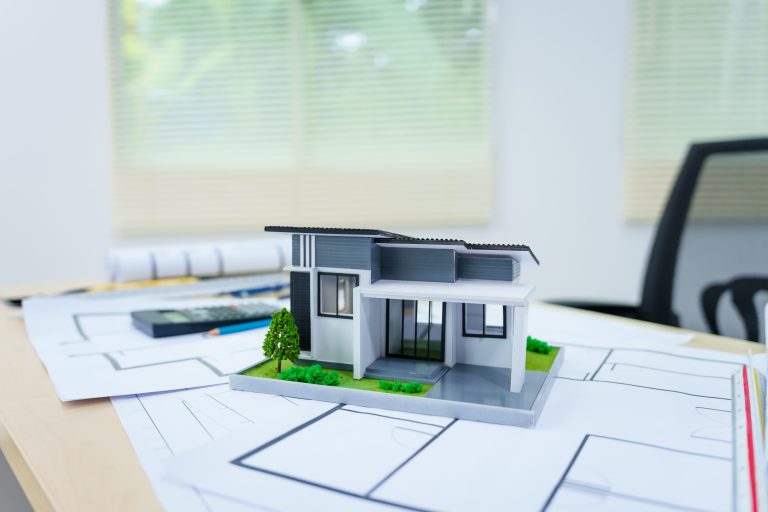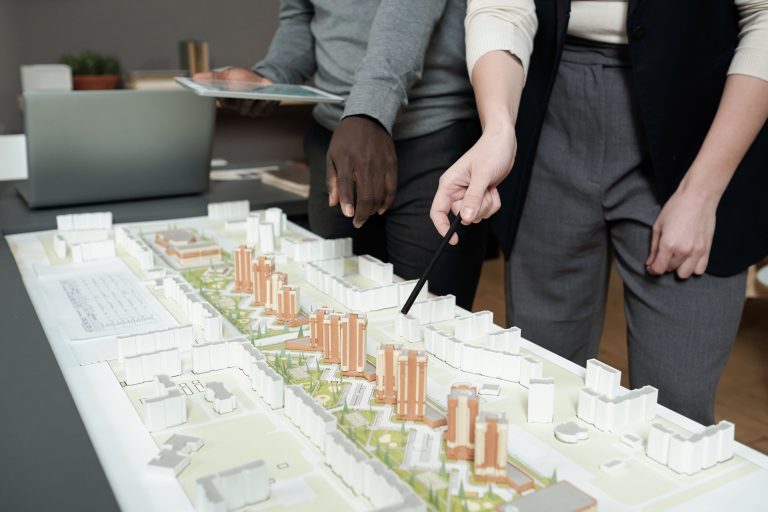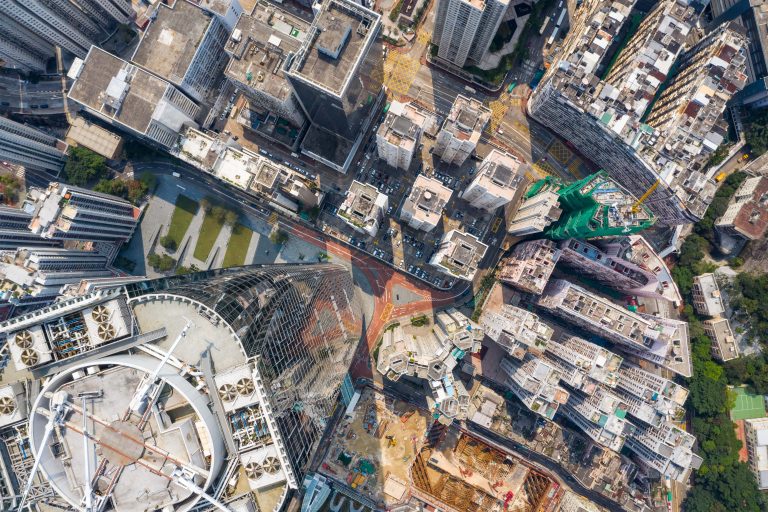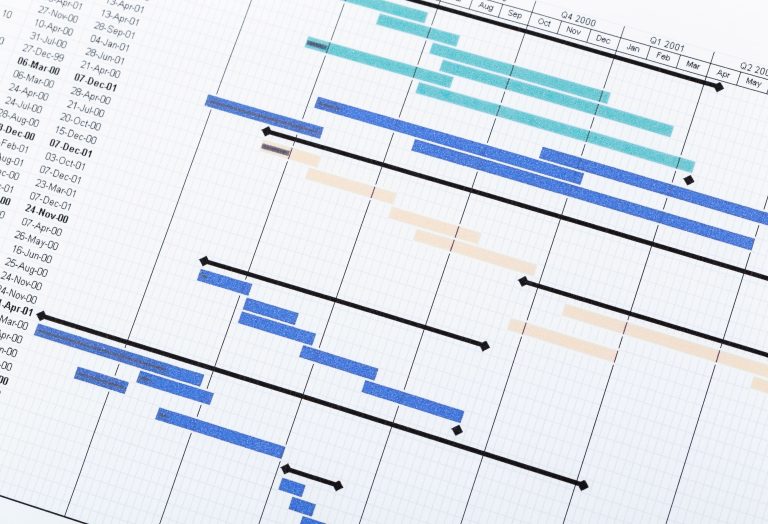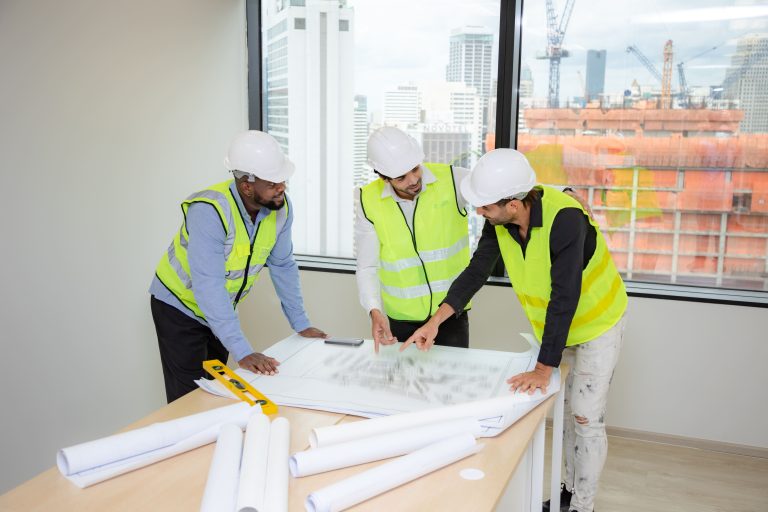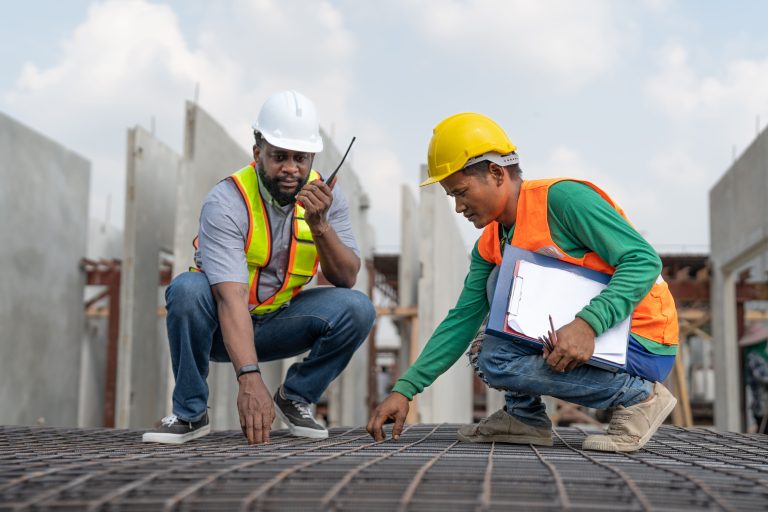Budgeting lies at the heart of every successful development project. For large-scale ventures, especially in a fast-moving market like the UAE, financial planning is not just about allocating funds but about building a roadmap that safeguards investment, minimises risks, and maximises returns. Without a structured approach, even the most promising project can face delays, overruns, or profitability issues. Below are essential budgeting tips that every investor and developer should consider when planning and executing large-scale developments.
Start with a Detailed Feasibility Study
Before setting any budgets, it is critical to conduct a comprehensive feasibility study. This assessment should cover land costs, construction expenses, projected revenue, and potential risks. By carefully evaluating these factors at the outset, investors gain clarity on whether the project is financially viable. A feasibility study also sets the foundation for more accurate budget forecasting, ensuring that decisions are based on reliable data rather than assumptions.
Break Down the Budget into Phases
Large-scale projects often span several years and involve multiple stages, from design and approvals to construction and delivery. Breaking down the budget into clear phases allows investors to track spending and ensure funds are allocated efficiently. It also provides flexibility, making it easier to adjust financial planning if unexpected changes arise during any stage of the project.
Account for Hidden and Indirect Costs
One of the most common reasons for budget overruns is underestimating hidden costs. Beyond land and construction, developers must factor in design fees, legal expenses, approvals, infrastructure contributions, and financing charges. In addition, marketing, sales, and operational costs play a significant role in the overall budget. A robust financial plan will include these indirect expenses to prevent unpleasant surprises later in the project.
Build in a Contingency Fund
No matter how well-prepared a budget is, unforeseen challenges are inevitable. Market fluctuations, changes in regulatory requirements, or supply chain delays can all impact costs. Setting aside a contingency fund provides a financial cushion to absorb these risks without jeopardising the project timeline or quality.
Prioritise Value Engineering
Value engineering is about finding smarter ways to achieve the same quality and functionality at a lower cost. This does not mean cutting corners, but rather exploring alternative materials, technologies, and construction methods that reduce expenses while maintaining standards. In large-scale projects, even small savings on design or construction elements can significantly improve the overall financial performance.
Leverage Technology for Cost Monitoring
Modern development projects benefit greatly from digital tools that enhance financial control. Cost-monitoring software, project management platforms, and real-time reporting systems provide transparency across all stages of the project. These tools help stakeholders track spending, detect variances early, and make informed decisions that keep the budget on course.
Work with Trusted Partners
Selecting the right contractors, consultants, and suppliers plays a crucial role in keeping budgets under control. Reliable partners not only deliver quality but also ensure efficiency and accountability. In the UAE, where regulatory compliance and timelines are strict, working with trusted professionals reduces the likelihood of costly delays and rework.
Consider Long-Term Operational Costs
A well-prepared budget goes beyond construction. Investors must also account for the long-term costs of operating and maintaining the property. This includes energy consumption, facility management, and future upgrades. By planning for operational efficiency from the beginning, developers can create projects that remain profitable and sustainable in the long run.
Regularly Review and Update the Budget
Budgets should not be static. Regular reviews help identify cost deviations and keep financial planning aligned with market realities. In large-scale projects, quarterly or even monthly reviews allow developers to adapt quickly, ensuring that budgets remain accurate and realistic throughout the project lifecycle.
Conclusion: Building Confidence Through Financial Clarity
Budgeting for large-scale development projects requires precision, foresight, and discipline. From feasibility studies and phased allocations to contingency planning and cost monitoring, each step contributes to financial stability and long-term success. By approaching budgeting as a dynamic process rather than a one-time exercise, investors can safeguard their vision, protect their capital, and deliver developments that stand the test of time.
Take the Next Step
Plan your development project with financial confidence. Contact Italian Development Group today to access expert advisory and project management solutions that ensure your investment is executed on time, within budget, and to the highest standards.



